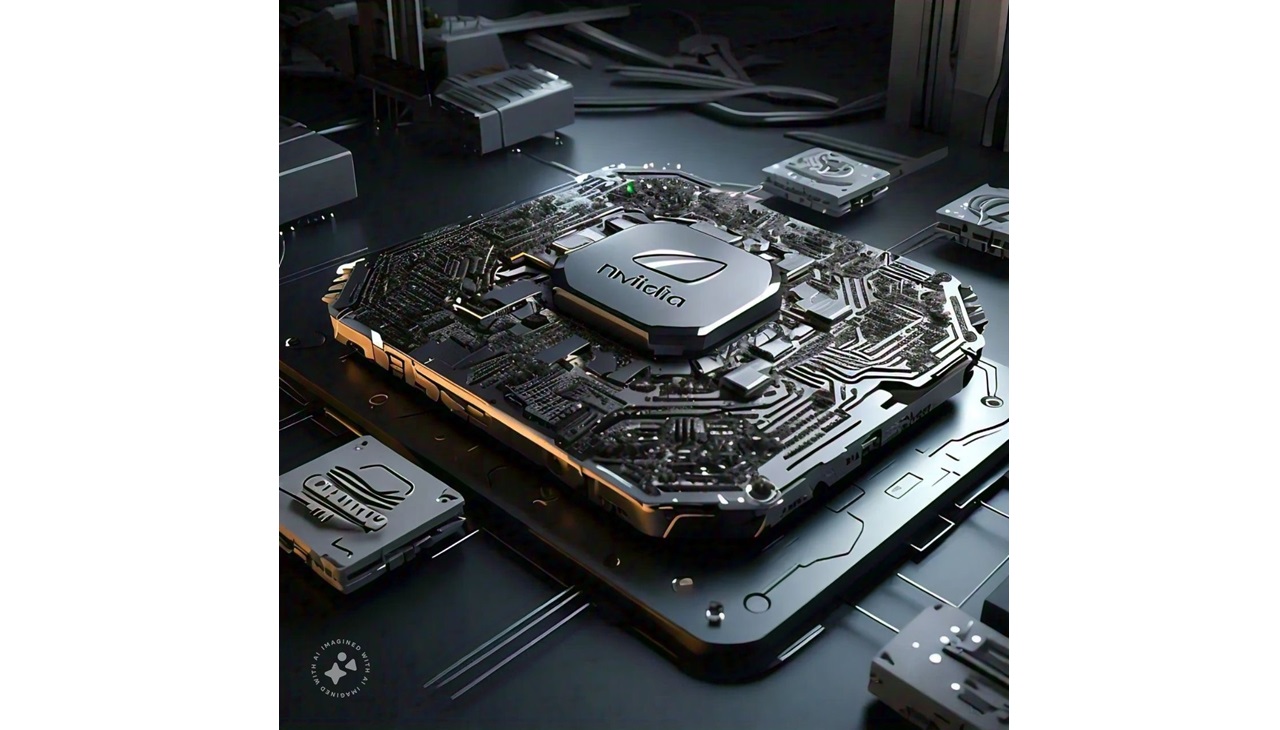
Intel, Qualcomm and Nvidia: the microchip war heats up
Nvidia has been the star this year in the competitive microchips or semiconductors market, key players in the much-mentioned digital revolution.
The company posted a record market capitalization this year, reaching nearly US$3 trillion, following its aggressive push into devices designed exclusively to work with artificial intelligence.
On the other hand, its competition, the famous Intel, which has been the protagonist of the computing market for years, has been losing value and today its market capitalization has fallen below US$100 billion. The company's shares have hit a minimum of US$18 in the first trading days of September, although it has had some recovery towards US$20 in the last stock market sessions, due to rumors about an eventual transaction.
For this reason, it was not surprising when Reuters recently reported that Qualcomm, another of the world's largest chip companies, had made an initial approach to consider a possible acquisition of Intel.
Qualcomm currently has a market capitalization of around US$170 billion and is actively working to maintain its leadership in the segments in which it operates.
The disruption of artificial intelligence has meant an enormous challenge for all companies, including the large technology companies. Language models involve the use of enormous amounts of information to predict the content that machines create in response to human requests. This means designing devices with greater computing capabilities.
That is the crux of the matter in this tough battle in an industry that changes every day.
CONTENIDO RELACIONADO
But a possible move in this microchip segment could raise concerns about possible dominant positions in the market.
Authorities around the world are on alert about these types of situations, because they can mean problems for users and consumers.
Recently, authorities in Europe and the United States have launched investigations against other technology companies such as Apple, Microsoft, Google and Amazon. In fact, a US judge declared not only Google's dominant position but also its monopoly in the digital search market.
A possible transaction in the microchip market could therefore also be a cause for concern for authorities who have generally been nervous about technology companies.
There is still much to be said in this industry and that is why we can expect a lot of news in the coming days when it is known how far the companies that operate in the competitive world of microchips are willing to go.










DEJE UN COMENTARIO:
¡Únete a la discusión! Deja un comentario.